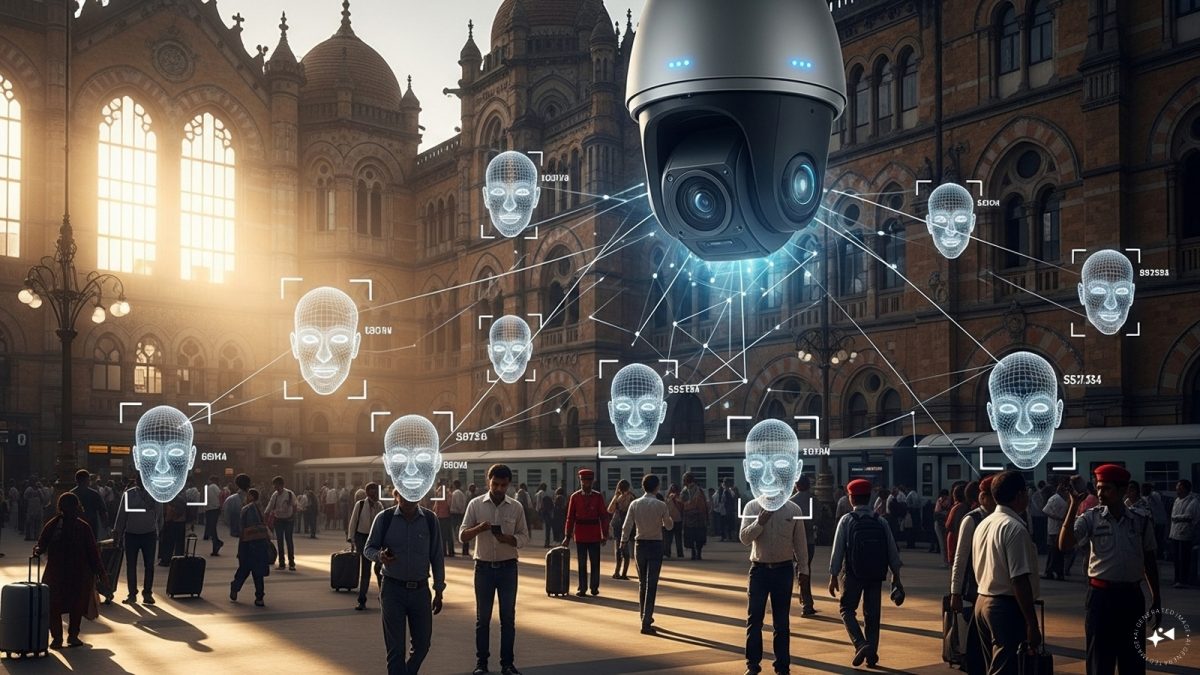Elon Musk Slams Waymo's Driverless Tech as 'Crutch,' Tesla Robotaxi Faces Delays

Elon Musk, the CEO of Tesla, has once again stirred the pot in the autonomous vehicle race. In a recent flurry of tweets, Musk leveled a pointed criticism at Waymo's self-driving technology, calling it a “crutch” and suggesting it relies too heavily on detailed mapping. This comes as Tesla’s highly anticipated robotaxi program continues to face delays and challenges, prompting Musk to defend his company's approach to full self-driving (FSD).
The Waymo Critique: Mapping Dependency
Musk's core argument revolves around Waymo's reliance on high-definition maps. While these maps provide a detailed picture of the driving environment, Musk believes they create a dependency that hinders true autonomous driving. “Waymo’s approach is essentially a very sophisticated form of remote control,” he tweeted. “It’s not truly driving itself; it’s following a pre-defined map.” He contends that a truly autonomous vehicle should be able to navigate unfamiliar environments without relying on detailed maps, a capability he believes Tesla is closer to achieving.
Tesla's Robotaxi Roadmap and Delays
The criticism of Waymo arrives as Tesla's robotaxi program faces another delay. Musk has repeatedly promised a rollout of robotaxis, initially setting ambitious timelines that have since been pushed back. The company is currently testing its FSD Beta program with a select group of drivers, gathering real-world data to refine its algorithms. However, achieving Level 5 autonomy – the ability to drive anywhere, anytime, under any conditions – remains a significant hurdle.
Differing Philosophies: Data vs. Mapping
The clash between Musk and Waymo highlights fundamentally different approaches to autonomous vehicle development. Waymo, backed by Google’s vast resources, has prioritized meticulous mapping and sensor redundancy. Tesla, on the other hand, emphasizes a data-driven approach, leveraging the massive amount of driving data collected from its fleet of vehicles to train its neural networks. Musk believes that this approach, combined with Tesla’s Dojo supercomputer, will ultimately lead to a more robust and adaptable autonomous system.
The Bigger Picture: The Autonomous Vehicle Race
The competition between Tesla and Waymo is part of a broader race to develop safe and reliable autonomous vehicles. Other players in the field include Cruise (GM), Argo AI (Ford/VW - now defunct), and numerous startups. While significant progress has been made, fully autonomous driving remains a complex engineering challenge with regulatory and ethical considerations that need to be addressed. Musk’s comments, and the ongoing delays in Tesla’s robotaxi program, underscore the difficulty of achieving this ambitious goal.
Looking Ahead
Whether Musk's criticism of Waymo is justified remains to be seen. Both companies are pushing the boundaries of autonomous technology, and the ultimate winner in this race is likely to be the one that can demonstrate the safest, most reliable, and most adaptable self-driving system. For now, the debate continues, and the future of autonomous transportation remains uncertain.






